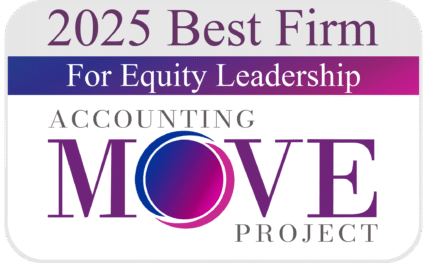
World-class business advising, accounting and tax services with around-the-corner service and personal accountability.
We work with emerging- and middle-market privately held businesses to help them thrive in their markets. We also partner with high-net-worth individuals – owners, founders, and executives – to help them protect and grow their wealth.
We identify untapped opportunities, challenges, and solutions, enabling clients to make effective and timely decisions today that will lead to a fuller and more secure tomorrow.





